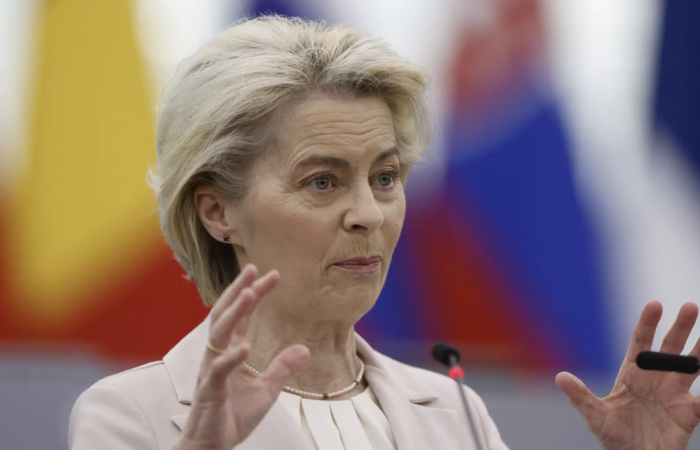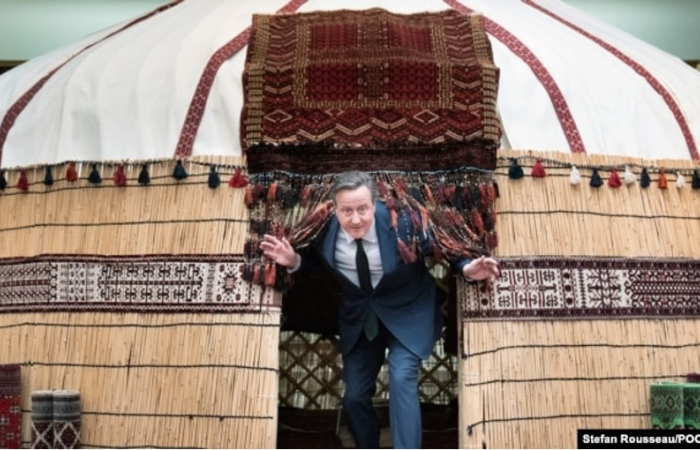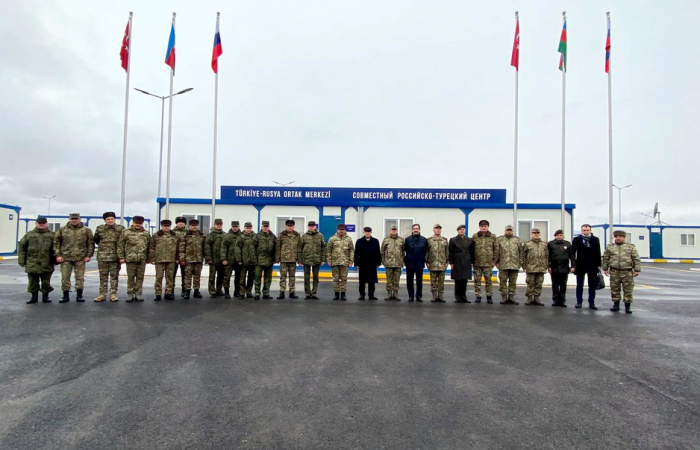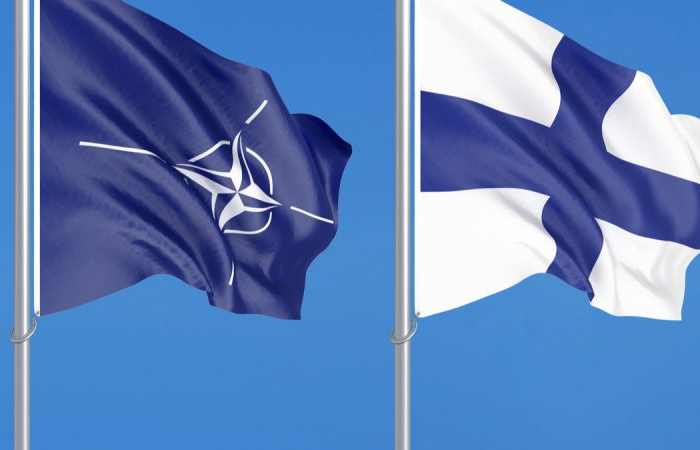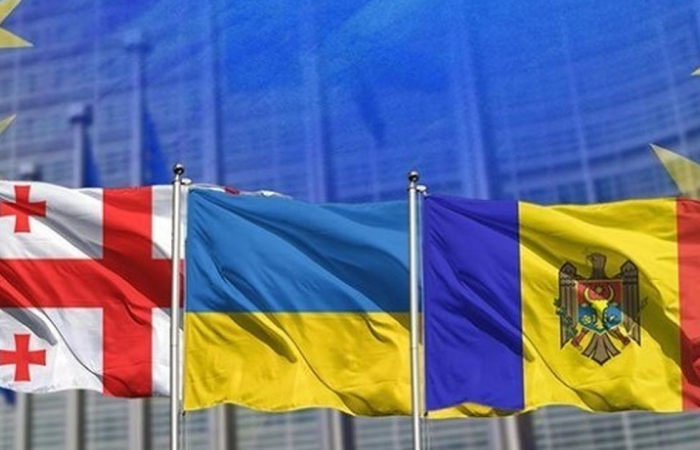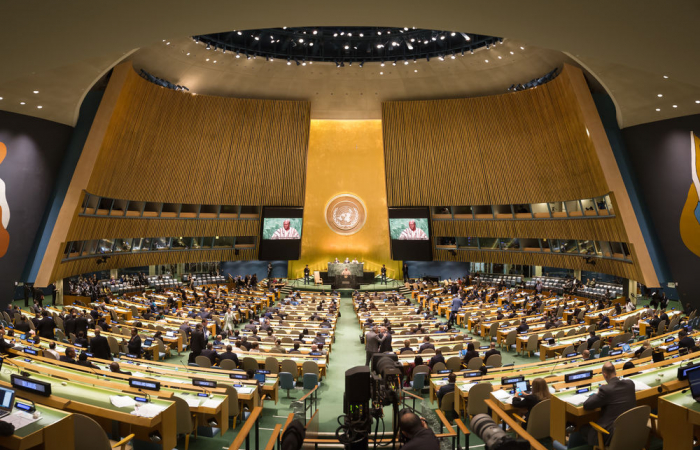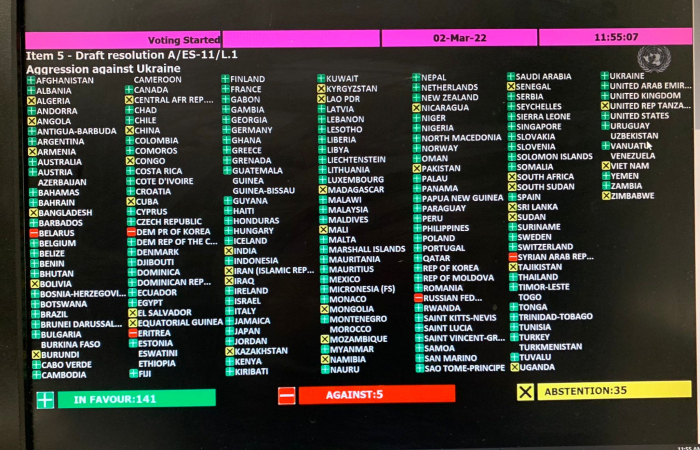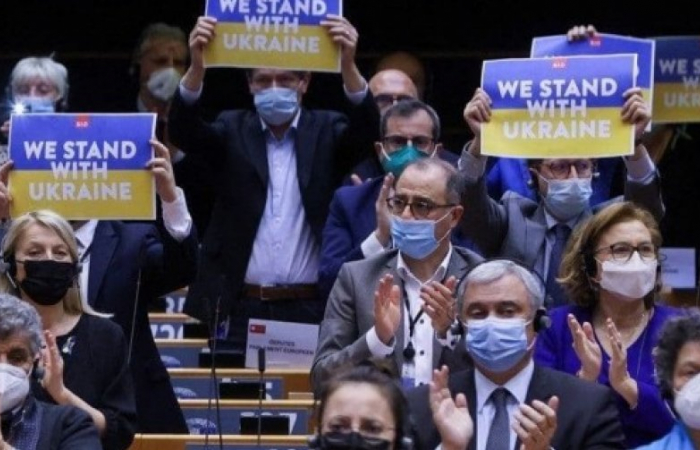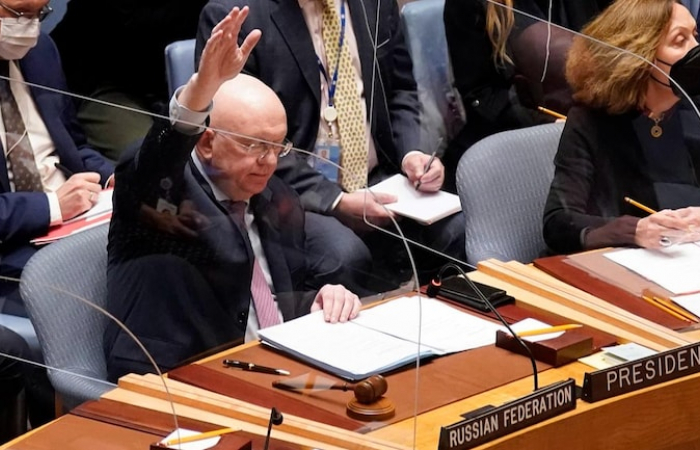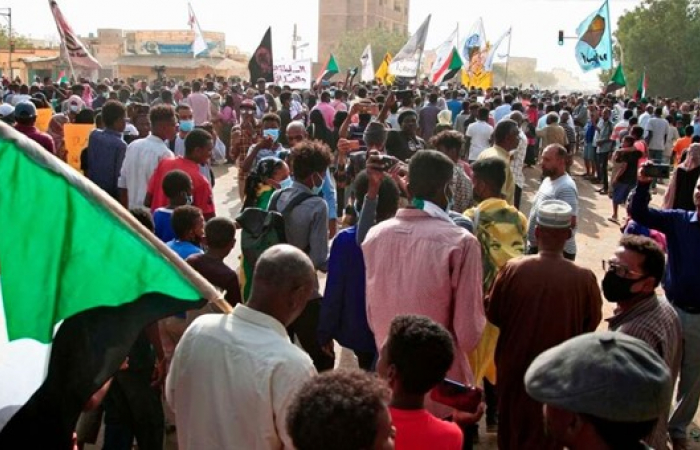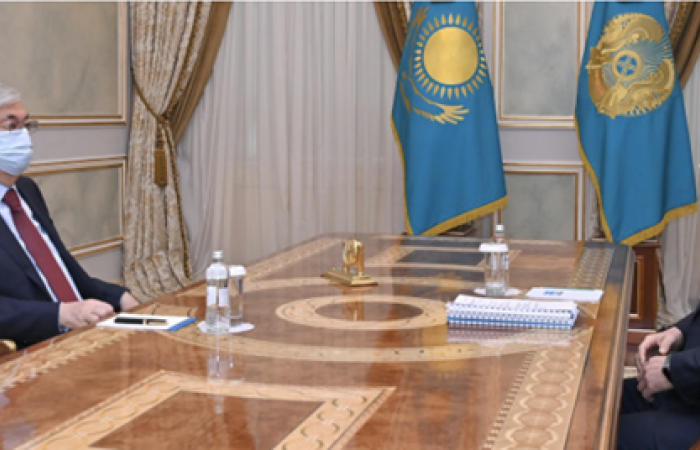Trending
European Commission President Ursula von der Leyen issues statement on Tbilisi protests
1 May 2024
The President of the European Commission, Ursula von der Leyen, has expressed concern about the situation in the Georgian capital, Tbilisi, amid ongoing anti-government protests against a new foreign influence law, which critics fear could be used to limit press freedoms. The protests, which have attracted international attention, highlight growing discontent in the country and calls for a closer alignment with European ideals.



